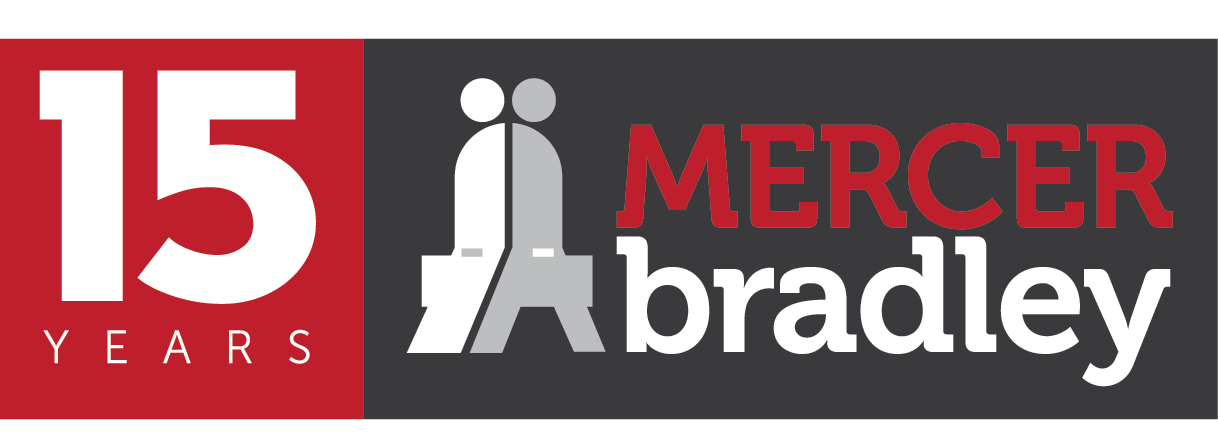One key to attracting and retaining top accounting talent is offering a range of positions that benefit career development. When seasoned accountants are looking for their next job change, they include the ability to advance in an organization as one of their criteria for deciding where to work. As an employer, you need to know which skills are required to fill accounting roles and offer additional career choices throughout your organization. Include these three sets of skills in your evaluation.
3 Skills That Give Employees Career Options at Your Company
1. Full Cycle Accounting
Full cycle accounting includes the entire set of activities taken on in an accounting department to create financial statements for a reporting period. Activities include recording business transactions through the accounting period, adding required adjusting entries, producing financial statements, and closing the books for the period. Full cycle accounting also may refer to all transactions associated with a specific business activity. In the case of sales, a business buys and stores goods, processes customer orders, picks items from stock, sells them on credit and collects payments from customers. Or, full-cycle accounting may refer to the standard business cycle of a company. For instance, a full cycle is three months if a business typically takes three months to produce goods, hold them in stock, sell them to customers and receive payment. Plus, full-cycle accounting may refer to an accountant being responsible for all aspects of a specific position. For instance, a full-cycle accounts payable role may mean the accountant is responsible for all accounts payable tasks such as three-way matching, expense report examination, taking early payment discounts and paying suppliers.
2. ERP Implementation
ERP implementation streamlines accountants’ work. For instance, because data automatically is transmitted between platforms, there is no need for manual data entry. As a result, there are fewer errors and a more accurate picture of the company’s financial situation. Also, an accountant can access more financial reports to increase transparency and make stronger business decisions. Additionally, because many accounting and financial tasks are automated, accounts receivable and accounts payable are simplified and overhead is reduced. Cash management and cash flow issues improve, financial transactions are easily tracked, and audit information is readily available.
3. Technical
Technical skills include applying a basic understanding of accounting workflow. Examples include understanding debits and credits, journal entries, general ledger or journals systems, calculating technical accounting formulas, and developing internal controls. Other technical skills may relate to specific business or industry needs and national accounting standards. Management accounting skills such as cost allocation, production budgets, forecasting, break-even analysis, and cost-volume-profit analysis may apply.
Fill Accounting Positions in Western Canada
Fill accounting positions by partnering with Mercer Bradley. As a top recruiting firm in Western Canada, we work in almost every aspect of accounting, with every size of company, in virtually every industry sector. Get in touch with us today!





Leave a Reply